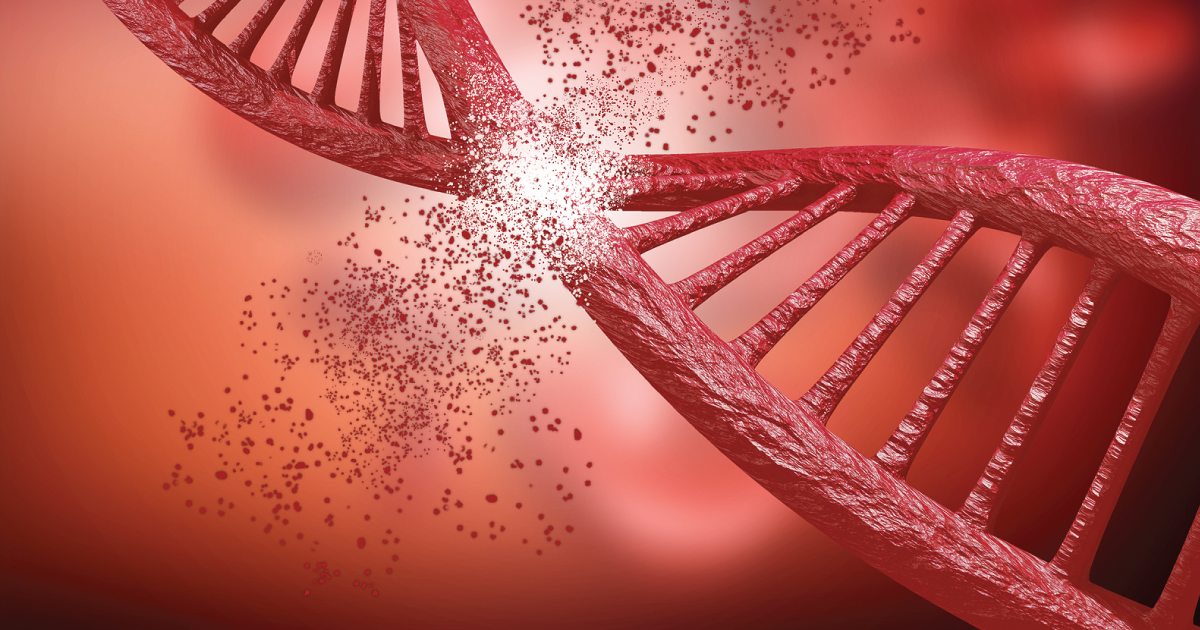
CRISPR Gene Editing Unintentionally Causes Changes in Gene Regulation
A new scientific publication shows that CRISPR/Cas gene scissor applications in animals unintentionally leave traces. The findings, as commented on by Testbiotech, are not related to unintended changes in the DNA, which have often been described, but to gene regulation, i.e. epigenetics. The effects are heritable and may, for example, result in disruption of embryonic development, GM Watch reported Tuesday.
December 22, 2020 | Source: Sustainable Pulse | by
Changes were heritable and could still be identified after ten generations
A new scientific publication shows that CRISPR/Cas gene scissor applications in animals unintentionally leave traces. The findings, as commented on by Testbiotech, are not related to unintended changes in the DNA, which have often been described, but to gene regulation, i.e. epigenetics. The effects are heritable and may, for example, result in disruption of embryonic development, GM Watch reported Tuesday.
The new scientific publication describes CRISPR/Cas experiments with mice in which their DNA is cut and additional genetic information inserted. Besides intended changes in DNA in the target region, the findings also showed unintended changes in so-called epigenetic markers that control gene regulation. The effects were heritable and could still be identified after ten generations. According to the authors, the effects can also be used to identify CRISPR/Cas gene scissor applications.
The results were specific to some particular gene scissor applications and not observed if no additional genetic information was inserted. Further experiments are necessary to investigate the effects of the epigenetic changes in each specific organism. It is also not known whether the gene scissors may cause changes in other epigenetic markers, or if similar effects might be expected in insects and plants.
